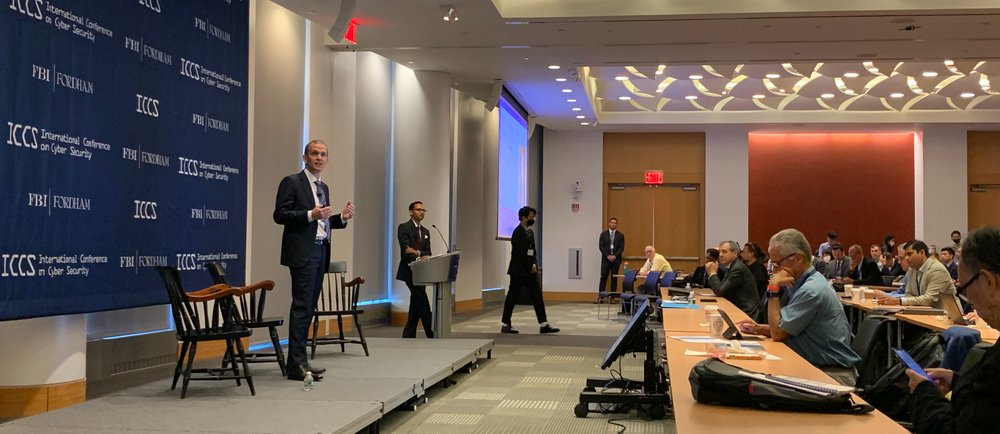During the 15 years I have been at Google, I have seen important improvements in the diversity of our workforce. For example, I used to be the only woman in the room, but now I am often surrounded by talented women leaders.
I work in the world of government affairs and public policy, which means engaging with governments and influencers to find constructive solutions to challenges that our industry and society face today. Having diverse representation and voices is important to us, as so much of our work requires building relationships across different groups, geographies, issues, and perspectives. But we must still do more to ensure that we are fostering a tech policy ecosystem that reflects the diversity of the world we build for.
That’s why our team started the Policy Summer Institute (PSI) with our academic partners at CIVICA, an alliance of eight leading European higher education institutions in the social sciences. The goal: to promote professional opportunities of first-generation university students in the digital policy ecosystem.
For our first year, nine scholars from Sudan to Switzerland had the opportunity to learn about how we work on tech policy by spending a week with our government affairs and public policy team in Europe. They then completed a summer internship funded by Google with one of our partner consultancies.
I am delighted that several of our scholars were offered further employment opportunities at their agencies following their internships. Others will continue to explore tech policy issues through their studies.
Shivona Fernandes-Köhler, an Msc. Politics and Policy Analysis student at Bocconi University in Milan, shared her key takeaways from the experience:
What was your motivation to apply for the program?
I have always been interested in the interrelations between the private and public sector, especially regarding innovation, and wanted to understand the impact that policy firms and big tech have on the world around us. However, without an existing network, internships in the field are often limited and challenging to gain access to. When I first saw the program, I didn’t think I had a chance, but when I saw that it focused on first-generation university students, I felt motivated to apply and showcase that diversity is in fact my strength.

Our amazing first cohort of PSI scholars. Shivona is on the top right in a white shirt standing next to Mahreen Zaidi San Miguel, who was a coordinator of the program.
How has this experience prepared you for the next stage of your career?
In the immediate term, I'll be staying on with the policy agency I interned with as a working student while I finish my studies. Being part of the PSI showed me that it's important to get a range of experience in different sectors, and that in order to really progress my career, I'll need to build a strong network of professional contacts. Being part of this program and working with fascinating and diverse individuals has given me a new sense of confidence, one that highlights that taking a unique path is key to a successful future.
What was something you learned that was unexpected or surprising?
My summer in Berlin was filled with surprises. I was unaware of the many facets of this sector and the incredible team effort involved in making it function. From the outside, it can appear as if policy-making is not something that businesses should be involved in, but rather something that should be left to the politicians. Instead, I have realized that both the public and the private are essential to one another and that they can only function with a well-coordinated network. I was also surprised on a personal and cultural level. Despite living in Italy, and being raised in Germany, I never realized that working cultures can be so different even within a country!
Can you share an example over this summer where you brought a different perspective to the work you were doing?
People in the tech and policy world can often get stuck in their own bubbles: Everyone has their own habits, organizational methods and ways of communicating. Being at a small policy firm that had just begun working with Google, I had the opportunity to develop methods and strategies to make collaboration and communication easier and more effective. I was especially involved in delivering new event formats and monitoring media updates. As a newcomer to the sector, I was able to highlight areas of ambiguity and improve existing organizational matters, facilitating workflow and workload.
While the tech policy industry needs to do a lot more when it comes to diversity, I am proud of the results of this pilot program and look forward to continuing to work with our partners to build a robust, diverse talent pool that supports our industry’s growth.



